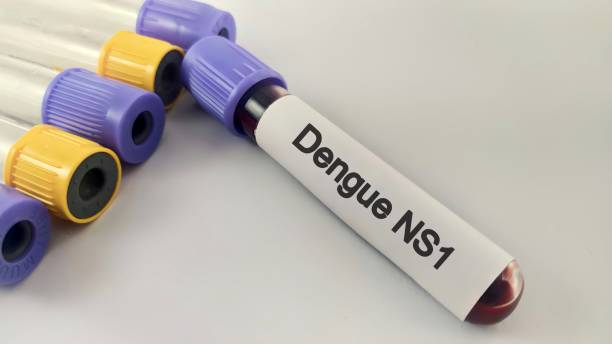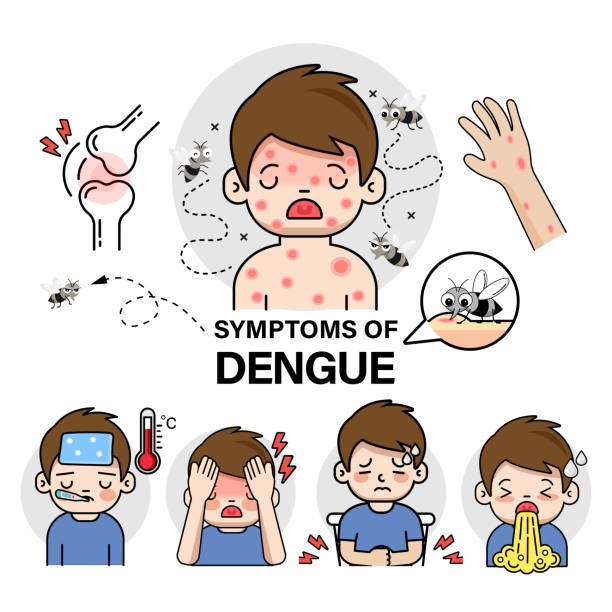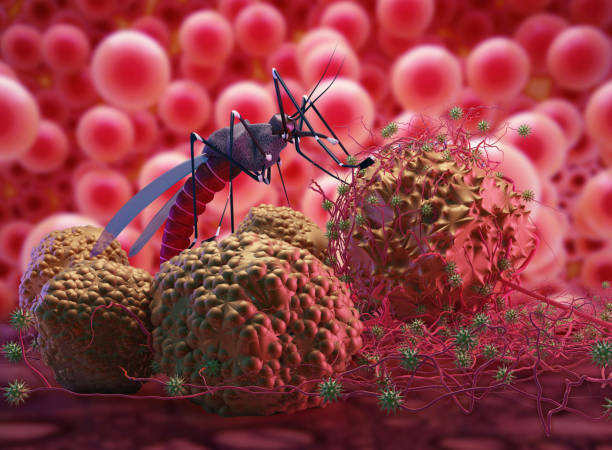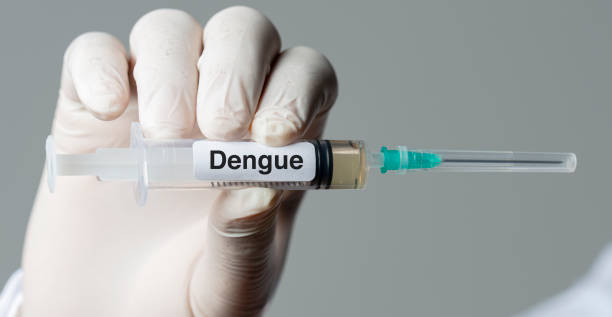
Dengue, a mosquito-borne viral infection, has become a significant health concern in many tropical and subtropical regions. The disease is transmitted primarily by the Aedes aegypti mosquito and can lead to severe flu-like symptoms. Understanding the symptoms, causes, and available home remedies for dengue can help manage the condition effectively.
What is Dengue?
Dengue fever is caused by one of four closely related viruses. These viruses are transmitted to humans through the bite of an infected mosquito. While many cases of dengue are mild, the disease can escalate into severe forms such as dengue hemorrhagic fever (DHF) or dengue shock syndrome (DSS), which can be life-threatening.

Symptoms of Dengue
Recognizing the symptoms of dengue early on is crucial for proper management and treatment.
- High Fever: One of the first signs of dengue is a sudden, high fever that can reach up to 104°F (40°C). This fever usually starts within 4-10 days after being bitten by an infected mosquito.
- Severe Headache: A persistent and intense headache, especially around the forehead, is a common symptom of dengue.
- Pain Behind the Eyes: Pain or discomfort behind the eyes is another distinctive symptom that often accompanies a headache in dengue patients.
- Severe Joint and Muscle Pain: Dengue is sometimes referred to as “breakbone fever” due to the severe joint and muscle pain it causes. This pain can be debilitating, making movement difficult.
- Nausea and Vomiting: Nausea, vomiting, and loss of appetite are common symptoms that can lead to dehydration if not managed properly.
- Rash: A skin rash that appears a few days after the fever starts is another symptom of dengue. The rash may cover most of the body and can be itchy.
- Mild Bleeding: Some people with dengue may experience mild bleeding, such as nosebleeds, bleeding gums, or easy bruising.
- Fatigue: The overall weakness and fatigue can last for weeks even after other symptoms have subsided.
Causes of Dengue
Dengue fever is caused by any one of four types of dengue viruses. These viruses are transmitted by female mosquitoes, primarily of the species Aedes aegypti and, to a lesser extent, Aedes albopictus. The following factors contribute to the spread of dengue:
- Mosquito Bites: The primary cause of dengue is the bite of an infected Aedes mosquito. These mosquitoes typically bite during the day, especially early in the morning and before dusk.
- Climate: Dengue is most common in tropical and subtropical regions where the climate is warm and humid, providing an ideal environment for mosquitoes to breed.
- Urbanization: Rapid urbanization has led to an increase in stagnant water, such as in old tires, flower pots, and containers, which are breeding grounds for mosquitoes.
- Travel: People traveling to areas where dengue is common are at higher risk of contracting the virus, especially during the rainy season when mosquito populations are high.
Home Remedies for Dengue
While there is no specific cure for dengue, several home remedies can help alleviate the symptoms and support recovery. It is important to note that these remedies should complement, not replace, professional medical care.
- Stay Hydrated: Dehydration is a common complication of dengue due to high fever, vomiting, and reduced fluid intake. Drinking plenty of water, coconut water, or electrolyte solutions can help maintain hydration levels.
- Papaya Leaf Juice: Papaya leaf juice is believed to increase platelet count, which often drops in dengue patients. Crushing fresh papaya leaves and extracting the juice can be a natural remedy to support recovery.
- Neem Leaves: Neem leaves have antiviral and immune-boosting properties. Boil neem leaves in water and drink the concoction to help fight the dengue virus.
- Fenugreek Seeds: Soak fenugreek seeds overnight and drink the water in the morning. Fenugreek is known to help reduce fever and improve overall immunity.
- Basil (Tulsi) Leaves: Basil leaves have anti-inflammatory and immune-boosting properties. Chewing a few basil leaves or drinking basil tea can help alleviate symptoms.
- Turmeric: Turmeric is a natural antiseptic and antioxidant. Adding turmeric to warm milk and drinking it can help reduce inflammation and boost the immune system.
- Guava Juice: Guava is rich in vitamin C and can help improve immunity. Drinking fresh guava juice can be beneficial in managing dengue symptoms.
- Barley Water: Barley water is another remedy believed to help increase platelet count. Boil barley in water and drink it throughout the day.
- Rest: Adequate rest is essential for recovery. Dengue can cause extreme fatigue, so it’s important to rest as much as possible to allow the body to heal.
- Cold Compresses: Applying cold compresses to the forehead and body can help reduce high fever and provide relief from discomfort.
When to Seek Medical Help
Home remedies can be helpful, but it’s crucial to seek medical attention if symptoms worsen or if severe symptoms such as persistent vomiting, severe abdominal pain, difficulty breathing, or signs of bleeding occur. Hospitalization may be necessary in severe cases of dengue to manage complications effectively.
Conclusion:
Dengue is a serious condition that requires timely attention and care. While home remedies can aid in symptom relief and support recovery, they should not replace professional medical advice. Preventing mosquito bites and staying informed about the symptoms and causes of dengue can help reduce the risk of infection and promote better health outcomes.




